The Economist 2020 Democracy Index Global Ranking has created quite a stir and is receiving a lot of criticism worldwide for its flawed methodology. According to the economist 2020 democracy index report, India has slipped two positions and has been placed 53rd in the list.
Referring to the criticism of the ranking, Political Scientist & Fellow at Centre for Policy Research Rahul Verma also shared his views regarding the ranking. He said “There have been a lot of discussions happening on the ranking, these rankings are of course useful for academic exercises and purposes but in the public domain the way these rankings are put out there are lots of criticism.”
Rahul Verma explained the reasons for the criticism as he further explained that “One major reason for this criticism is that people do not know who these experts are behind the ranking, because these are expert based ranking and second that the criteria that are being used to make such rankings.”
He further added that “For the general public, government and policy makers these small fluctuations should not make much difference. There are reasons, one reason is that the concept these rankings use are very wide. It’s just not a concept of electoral democracies but the economist democracy rankings are made up of five components which has 60 questions.”
“These include questions like whether civil servants can effectively implement government policies; the freedom of press; how people can participate in elections. So there are so many components that one doesn’t know. This is not just measuring democracy but a lot many other things,” said Political Scientist & Fellow at Centre for Policy Research Rahul Verma.
Earlier, criticising the rankings, Prasar Bharati CEO Shashi Shekhar Vempati in his tweets said, “Puzzling in which parallel universe Hong Kong scores over India on “Civil Liberties”? A cursory look at methodology raises even more questions on why India does not score 9+ on electoral process/pluralism. Opacity with which these indices sit in a judgement of the world’s largest democracy needs to be called to question.”
In fact the report has had a legacy of criticism behind it as analyst Peter Tasker raised a similar question on the ranking in NIKKEI Asia report in 2016.
‘The flawed ‘science’ behind democracy rankings’, report states “How did the EIU come up with a scoring system that is supposedly accurate to two decimal places? What it did has the semblance of rigor. It asked various experts to answer 60 questions and assigned each reply a numerical value, with the weighted average deciding the ranking. Who are these experts? Nobody knows. Wikipedia dryly notes that the report does not reveal their number, nationality, credentials or even field of expertise.”
As published by PBNS

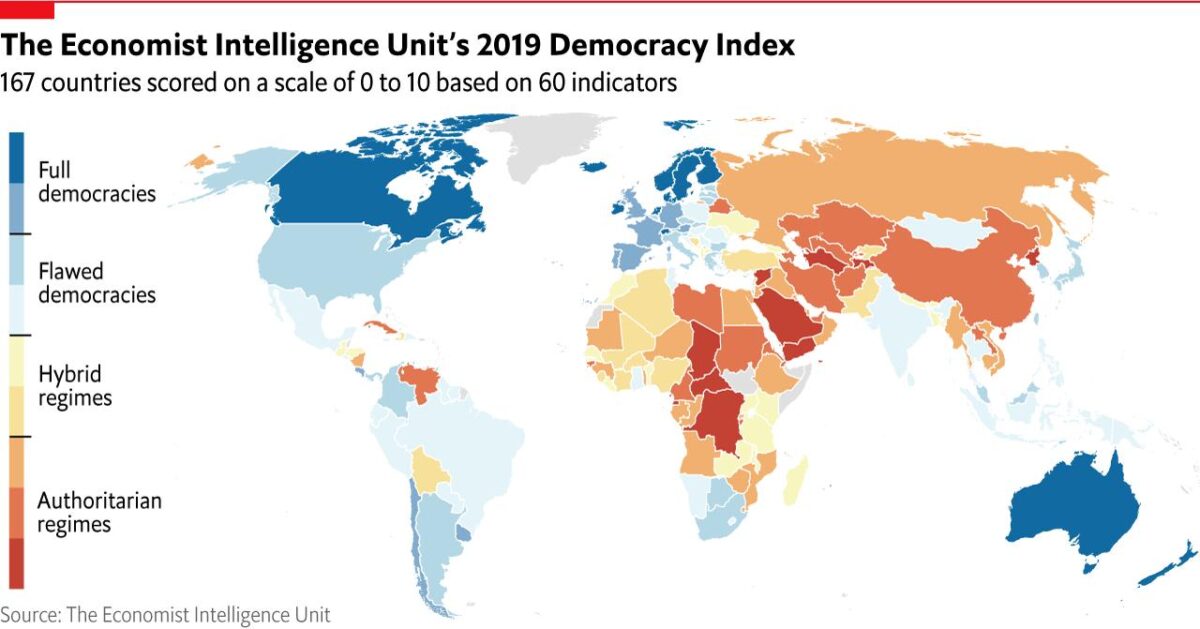
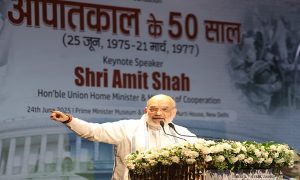

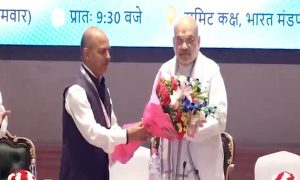

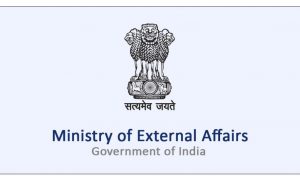



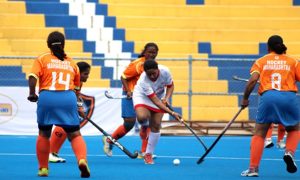









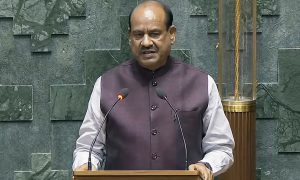

 WhatsApp us
WhatsApp us